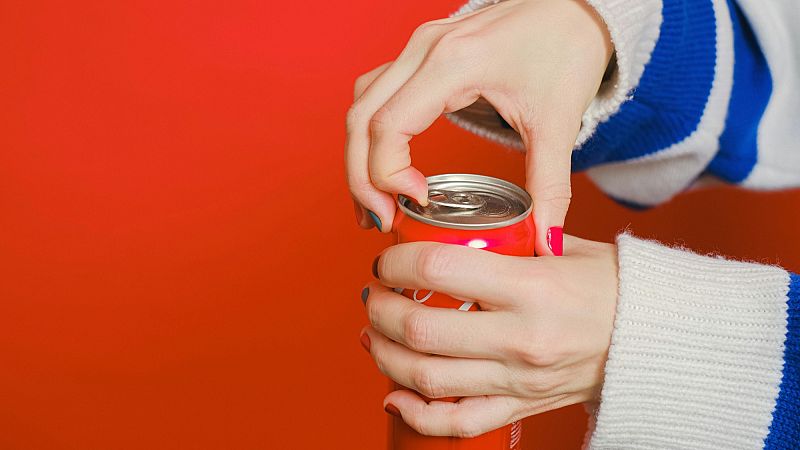Just one sugary or diet drink a day may raise risk of liver disease, study finds

A single daily can of a sugary or artificially sweetened drink may increase the risk of developing metabolic dysfunction-associated steatotic liver disease (MASLD), according to a major new study.
Presented at the United European Gastroenterology Week in Berlin, the research followed 123,788 UK participants over a decade who had no liver disease to begin with.
Drink consumption was tracked using repeated 24-hour dietary questionnaires. Over the 10 years, 1,178 participants developed MASLD and 108 died from liver-related causes.
The findings showed that consuming sugar-sweetened drinks (SSBs) raised the risk of MASLD by 50 per cent, while low or no-sugar beverages (LNSSBs) increased the risk by 60 per cent.
Artificially sweetened drinks were also associated with a higher likelihood of liver-related death.
What you need to know about MASLD
MASLD, formerly known as non-alcoholic fatty liver disease, occurs when fat accumulates in the liver, potentially causing inflammation (hepatitis), pain, fatigue and loss of appetite.
It's also increasingly recognised as a major contributor to cardiovascular disease, type 2 diabetes and kidney problems.
A 2025 meta-analysis of 92 studies estimated that 38 per cent of the world's population has MASLD - a 50 per cent increase over the past 20 years.
“SSBs have long been under scrutiny, while their ‘diet’ alternatives are often seen as the healthier choice. Both, however, are widely consumed and their effects on liver health have not been well understood,” lead author of the research, Lihe Liu, said.
“Our study shows that LNSSBs were actually linked to a higher risk of MASLD, even at modest intake levels such as a single can per day. These findings challenge the common perception that these drinks are harmless and highlight the need to reconsider their role in diet and liver health, especially as MASLD emerges as a global health concern,” he added.
How do sugar-sweetened beverages harm the liver?
The team of researchers explained how these drinks may harm the liver at a biological level.
“The higher sugar content in SSBs can cause rapid spikes in blood glucose and insulin, promote weight gain and increase uric acid levels, all of which contribute to liver fat accumulation,” Liu explained.
“LNSSBs, on the other hand, may affect liver health by altering the gut microbiome, disrupting the feeling of fullness, driving sweet cravings and even stimulating insulin secretion”.
The research points towards practical strategies such as substituting water for sugar-sweetened or artificially sweetened drinks, maintaining a healthy weight, exercising regularly and adopting a balanced diet, in order to significantly reduce the risk of liver disease.
"Water remains the best choice as it removes the metabolic burden and prevents fat accumulation in the liver, whilst hydrating the body," said Liu.
Today

